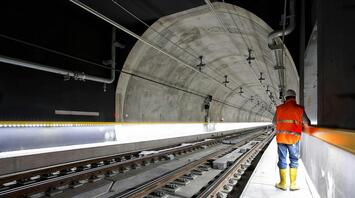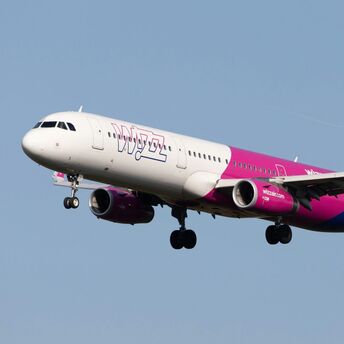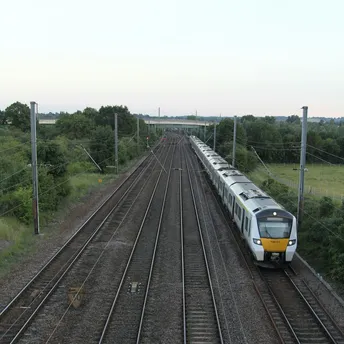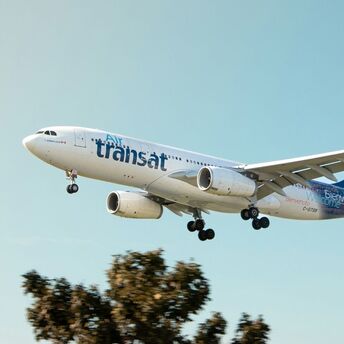Seven-Minute Underwater Train to Revolutionize Travel Between Denmark and Germany

Exciting news for travelers: Denmark and Germany will soon be connected by an underwater train, significantly reducing travel time between Rødby in Denmark and Puttgarden in Germany. This groundbreaking project, known as the Fehmarnbelt Link, will allow passengers to complete the journey in just seven minutes, a vast improvement over the current 45-minute ferry crossing.
The Fehmarnbelt Link, a critical component of the transport sector's green transition, promises an electrified train route under the Baltic Sea. Construction began in early 2021, with completion expected in 2029. The tunnel will not only feature rail tracks but also four lanes for car traffic, enabling vehicles to cover the 18-kilometer distance in just ten minutes.
This new development is set to make travel between Denmark and Germany faster and more efficient, offering a seamless connection for tourists exploring these two popular European destinations. The world's longest underwater rail and road tunnel will consist of 89 concrete elements, which are currently being manufactured in Roedbyhavn, Denmark. The first section of the tunnel is scheduled to be submerged into the Baltic Sea later this year.
Inaugurated by Danish King Frederik X earlier this month, the Fehmarnbelt Link is spearheaded by the construction firm Sund & Bælt. Mikkel Hemmingsen, CEO of Sund & Bælt, highlighted the project's significance, stating that it not only builds on the experience from other major projects in Denmark but also sets a precedent for future developments worldwide.
For travelers, the Fehmarnbelt Link represents a significant enhancement in convenience and efficiency. With an estimated cost of 55.1 billion kroner (€4.8 billion/£4 billion), the project is expected to introduce a toll fee to help cover construction costs, although the exact amount has yet to be determined.
This innovative transport link isn't the only exciting development for European travelers. Spain and Morocco are also planning an underwater tunnel to connect their high-speed train networks, potentially reducing travel time between Madrid and Casablanca to just 5 hours and 30 minutes. This proposed tunnel would offer a direct route from Madrid to Tangier, enhancing accessibility between Europe and Africa.
Meanwhile, in the UK, several new train stations are set to open across the West Midlands, including the historical Moseley Village Train Station, which first opened in 1867 but closed in 1941. This station, along with Pineapple Road and Kings Heath, will reopen along Birmingham's Camp Hill line, providing more travel options for visitors to the region.



















